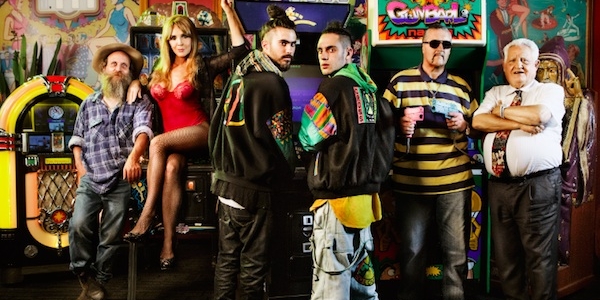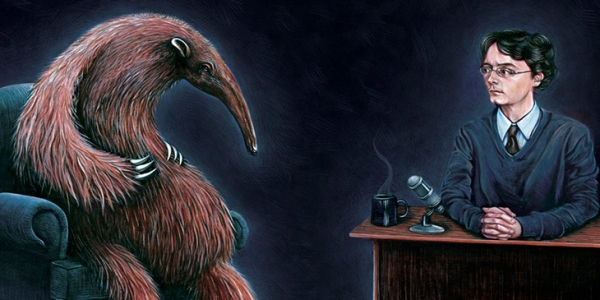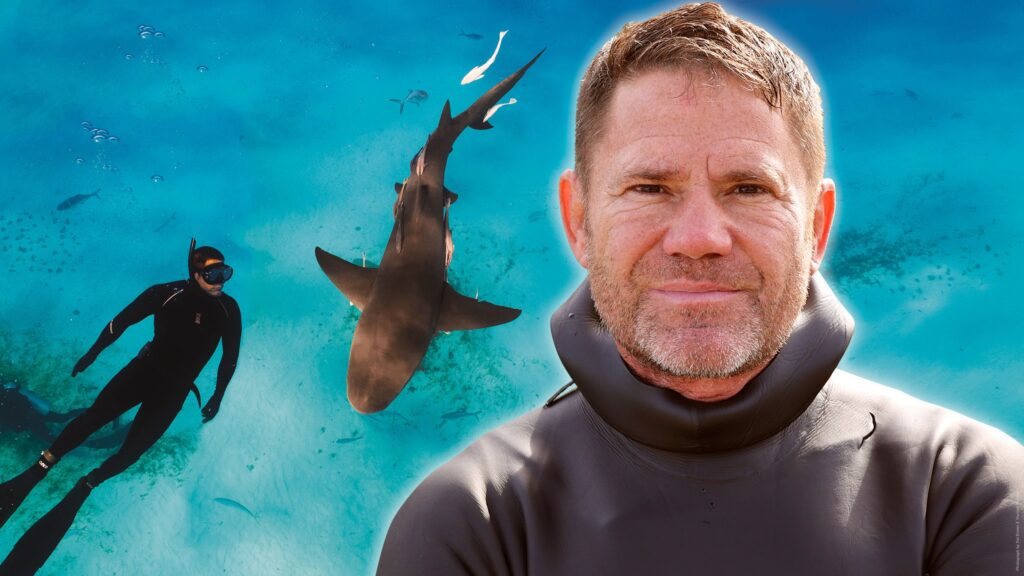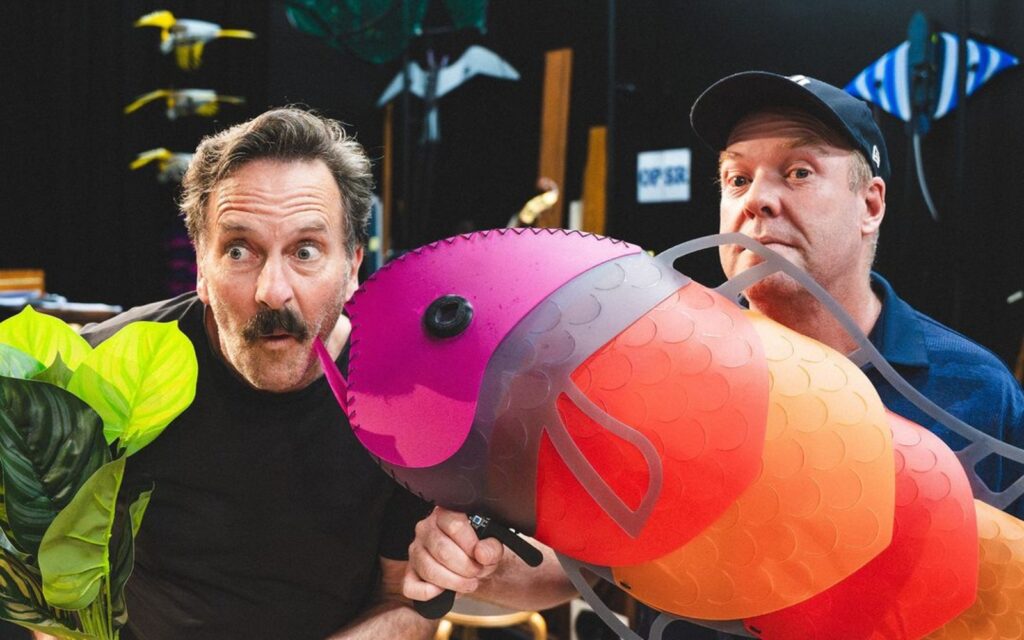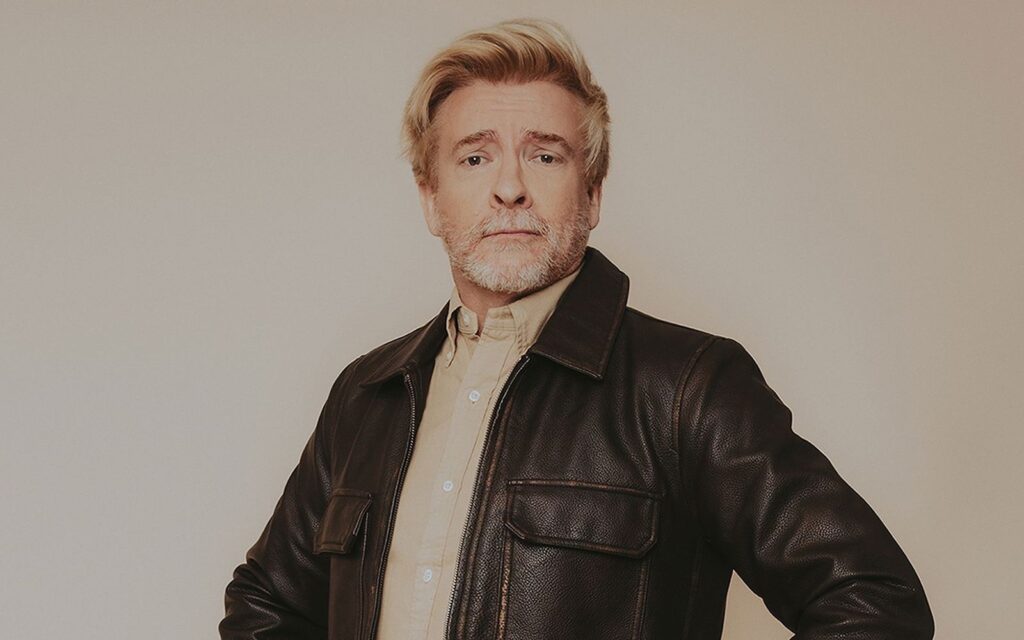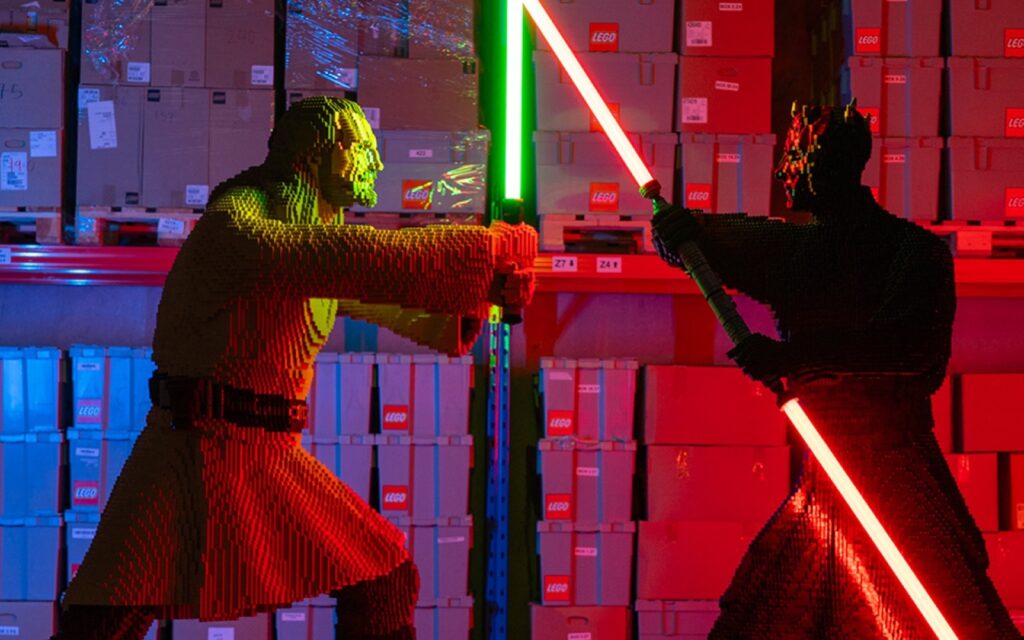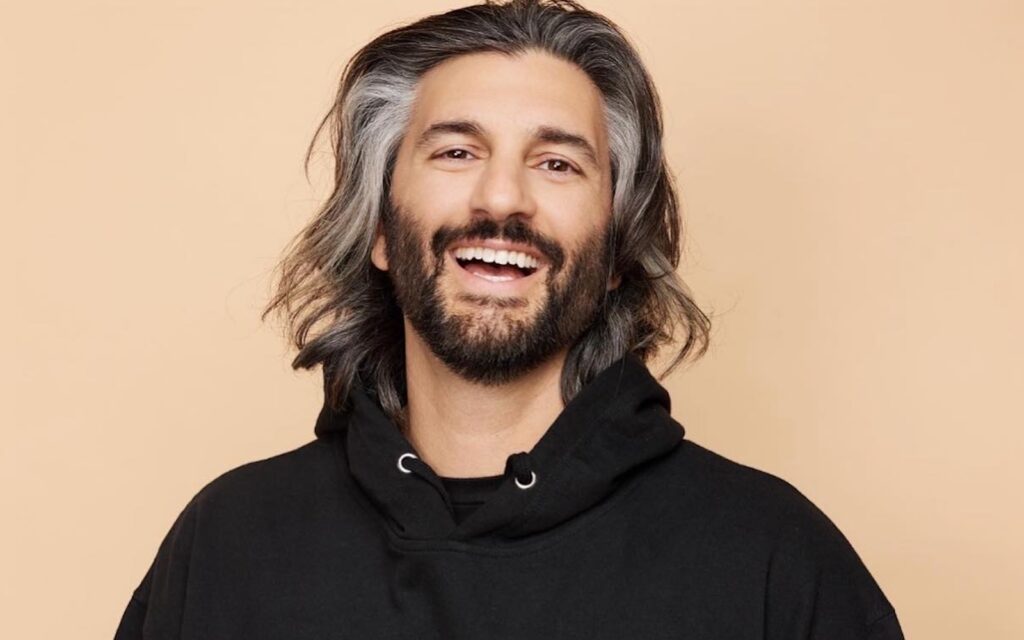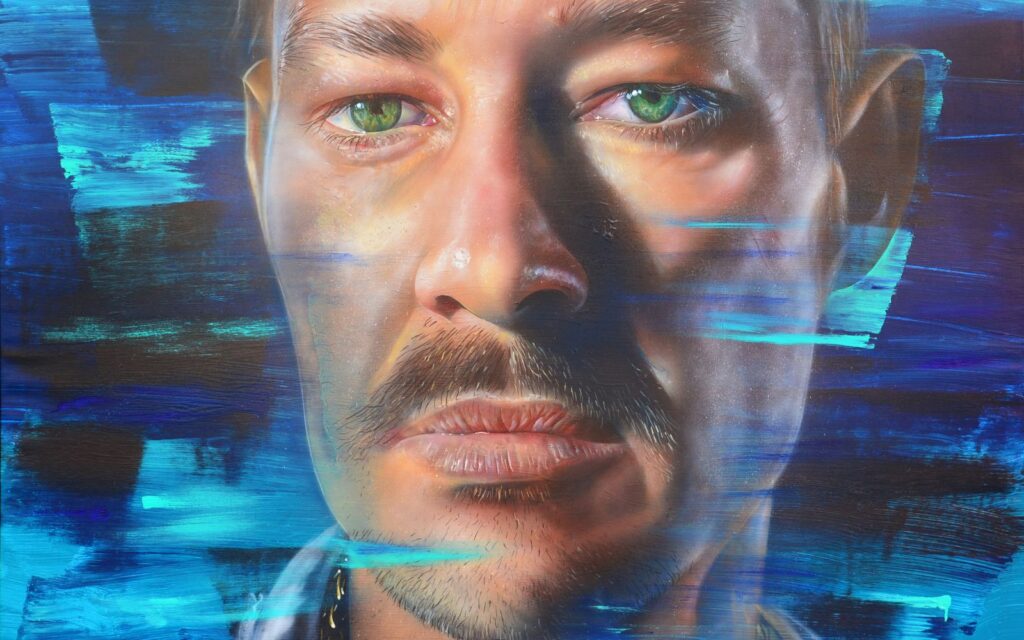“We started this film with empty pockets and a first draft, it takes a lot of talking and hype to push a film through that, so we made some new friends and pulled some old favours. Needless to say that process doesn’t happen without the occasional misunderstanding, resulting in being called something that begins or ends in a swear word,”recalls Mitchell. It’s no secret that undertaking such a project as an independent film is an overwhelming endeavour, wrought with complications and underestimations. However, this film has more to offer than impressive production value; it’s daring choices of which parts of the human condition to poke fun at makes it, at the very least, something to ‘break through the clutter’.
“The film deals with some really dark shit. The protagonists are fiendish little turds, things are said and done, rocks thrown, fires started, and all the while it holds it’s head up as a comedy” says Lester, who also stars in the film as Yolis Jenkem.
I’m curious if they’re worried about any backlash for approaching such topics, and if the fear of offending people is anything that plagues their creativity. “We’re making an independent comedy film,” notes Lester. “We’re funding it mostly on our own, and we don’t have bureaucrats telling us what they think is funny, or likeable. Of course we’re making something they wouldn’t let us make, isn’t that the point?”
He appears content with himself until Mitchell asks “is defiantly contentious too wanky to say about your own work?”
“Yes,” retorts Lester without a moment’s hesitation.
“That’s how black comedy works, isn’t it? You shed off layers of human bullshit and propriety and laugh at what’s underneath. It’s usually not pretty,” says Mitchell.
“Life is strange and ugly sometimes. That’s usually when it’s funny. When something’s so weird it’s horrible, or when someone’s so selfish it defies logic. If we’re all so fucking afraid of bashing the holy cow, then the terrorists win, or something,” remarks Yoav.
“The boys are inevitable symptoms of social and industrial progress, born into a world where equality, freedom of information, democracy and all the shit that Gen Y benefits from are taken for granted. They’re oblivious and dismissive to the privileges they have, that’s what makes them relevant. Not likeable, but relevant,” says Mitchell.
“They’re spoilt enough to be convinced the world owes them something,” adds Lester. “But not thoughtful enough to know what that is. Too lazy to make the most of the advantages they don’t deserve, too cynical to support progress they’ll benefit from.”
It’s clear that the film makers have an intimate knowledge of their characters and have put a lot of careful thought into the statements they want to make. What’s still up in the air is the commercial future of S.O.E. They inform me that technically speaking the film is actually a 3-part pilot.
“We originally had this pegged as a zero cost, fly-on-the-wall style webisode series,” explains Mitchell. “About two conniving, pernicious best friends whose only goal is to get paid and laid, regardless of the cost to others. That’s still pretty much the basic premise, but it’s certainly filled out since then. The commentaries we make on the satiated ennui of Gen Y were really incidental [in the beginning], but with each rewrite our goal became bigger, more ambitious. The world we created around these characters continued to develop new shades of desperation, and boredom, and entropy.”
“Ultimately it’s impossible to determine the future of S.O.E from where we are right now,” concludes Lester, “all we can do is what we set out to do; create something that’s funny and true and disturbing and fresh. Basically make something we haven’t yet seen.”
BY HENRY HAGEN
